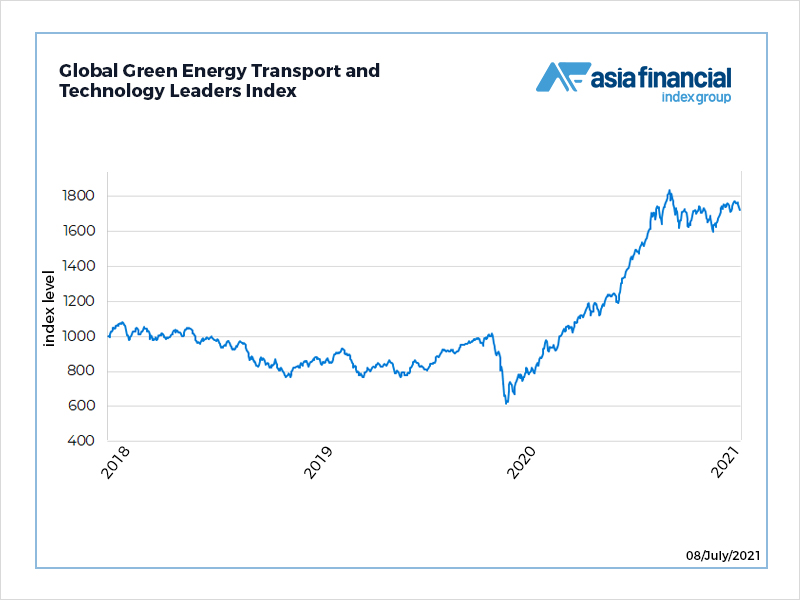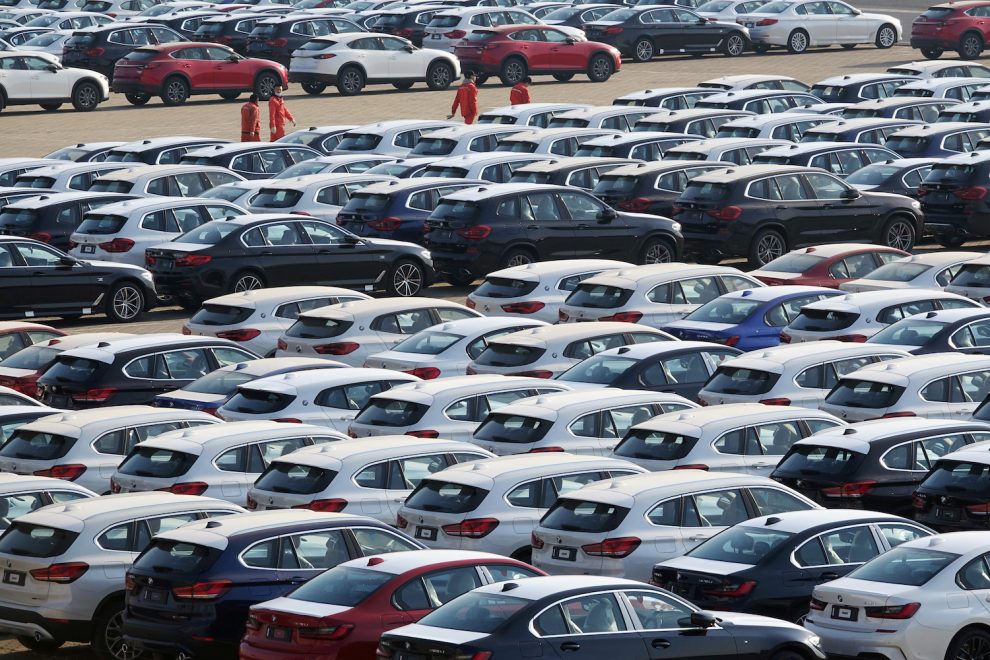Automakers around the world have been squeezed by a computer chip shortage; car sales in China topped 2 million last month although the figure was down on sales in May
(AF) Auto sales in China fell 12.4% in June from the corresponding month a year earlier, industry data showed on Friday, as the global shortage of semiconductors hit autos production in the world’s biggest car market.
Automakers around the world have had to adjust assembly lines due to the auto-chip shortage, caused by manufacturing delays that some semiconductor makers blame on a faster-than-expected recovery from the coronavirus pandemic.
China’s overall sales stood at 2.02 million vehicles in June, according to data from the China Association of Automobile Manufacturers (CAAM). The country sold 12.89 million vehicles between January and June, up 25.6% from year-ago levels.
Chen Shihua, a senior official at CAAM, told an online press briefing that the global auto-chip supply shortage hit China’s production hard last month, but given an overall economic recovery, CAAM is still moderately positive about domestic auto market.
Sales of new energy vehicles (NEVs) including battery-powered electric vehicles, plug-in petrol-electric hybrids, and hydrogen fuel-cell vehicles maintained their strong momentum, jumping 139%, with 256,000 units sold last month.
NEV makers such as Nio Inc, Xpeng Inc, and BYD are expanding manufacturing capacity in China, encouraged by the government’s promotion of greener vehicles to cut pollution.
China’s annual NEV sales are expected to grow more than 40% in the next five years, CAAM said last month.
US electric vehicle maker Tesla Inc sold 33,155 China-manufactured electric cars in June.
Meanwhile, Nio plans to have 4,000 battery swapping stations globally in 2025, its president Qin Lihong said on Friday.
The company, which makes premium electric cars, aims to have 700 battery swapping stations by the end of this year. A battery swapping station allows drivers to change the battery in their cars to power the rides.

























